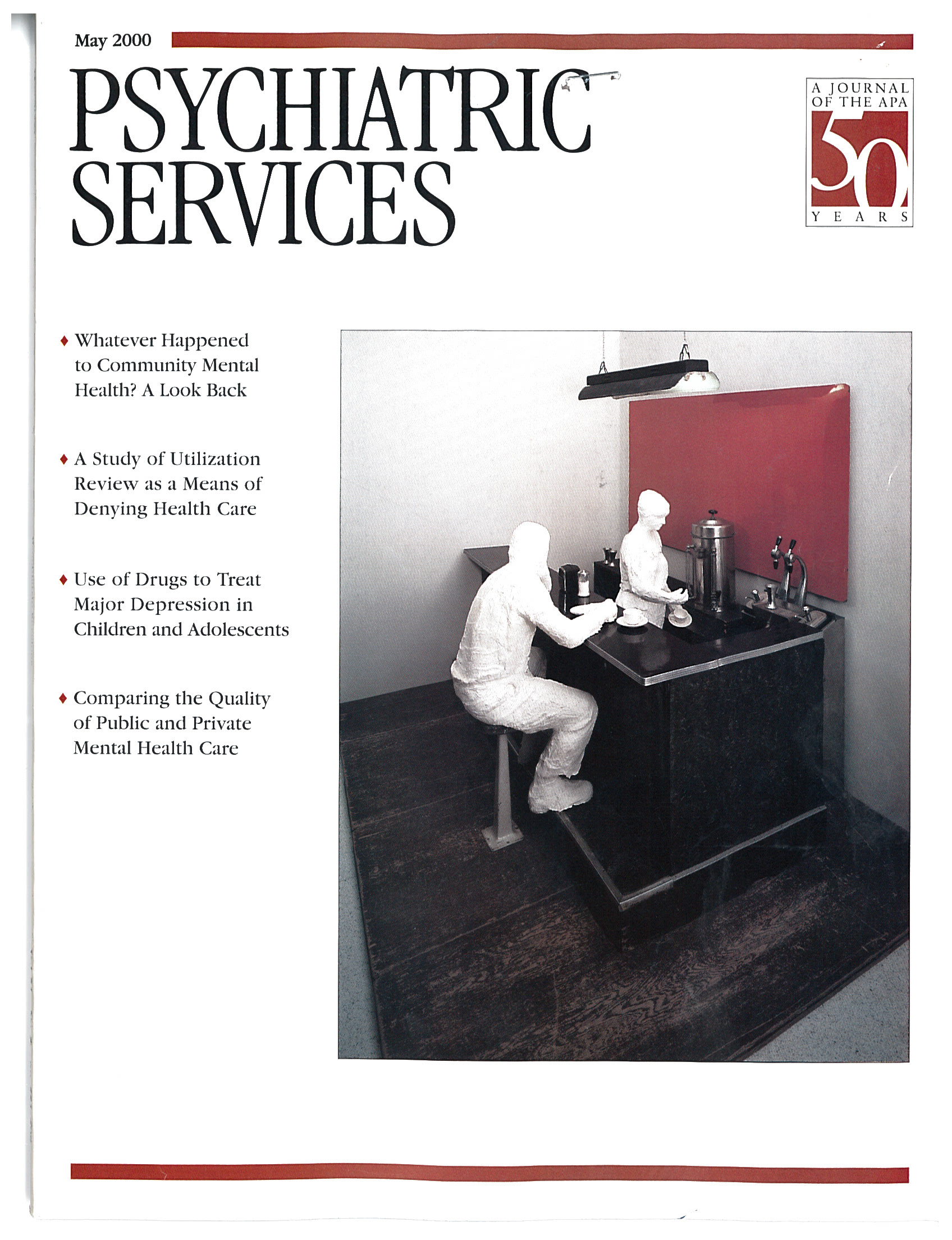To appreciate this book, one has to get beyond two expectations that will not be met. The first one is created by the title. It is highly evocative, and it certainly acknowledges the mental agony that depression creates in its bearer and indirectly in its treater. But Dr. Schuyler does not address this suffering in a subjective fashion, nor does he talk about the countertransferential reactions it can stimulate in physicians supporting patients who endlessly ruminate because of a slow or incomplete response to usual treatments. Therapists young or old will have to find these existential answers elsewhere.
The other expectation lies in the preface, which describes both the clinical progress and the unresolved problems in treating depression over the past 25 years. In 1974 Dr. Schuyler was a National Institute of Mental Health researcher who had just written a book called
The Depressive Spectrum (
1).
Taming the Tyrant aims at updating it while demonstrating the scientific advances made since. What we might hope for is not just an exposition of changes but something more interpretative, an account of how we have evolved as clinicians over these past two or three decades. Where research has not provided answers to crucial problems, one would be eager to benefit from Dr. Schyuler's own integration of data or models. However, he remains humble and prudent and presents facts as they are—just as facts. The early chapters mainly read like material developed three decades ago updated with recent data.
The first six chapters review the phenomenology of depression, in descriptions that stick to the usual American literature and give it a rather dry taste. One could read DSM with the same effect. But when the author opens up by providing hints for understanding anger in depression (chapter 2), relating his treating experiences (chapter 3), or giving his point of view about the evolution of DSM (chapter 4), the book comes alive.
The author has a habit of pointing the reader backward to summarize a clinical problem that hasn't been solved, only to suddenly end the discussion without a conclusion. After the reader has gotten acccustomed to this method of writing, the book reads easily.
The strongest chapters are the later ones, beginning with chapter 7 on understanding depression, where the cognitive and psychodynamic theories are more scantily explained than the biological models; chapter 8, on suicide management, with many tables to organize the information; chapter 9, on differential diagnosis of conditions such as the frequently seen chronic fatigue syndrome and the rarer olfactory reference syndrome; and the last two chapters on treatment. Again, knowing that the author is an experienced cognitive therapist, one would have wanted to hear more about his personal discoveries. But then he has a nice way of summarizing an array of often contradictory scientific articles with the help of clinical vignettes set in the actual managed care world.
So this is a prudent book that will not lead beginners down false avenues. It will also not necessarily support them in treating patients when the illness is mostly tyrannical, as only a few pages address the issue of resistant depression and chronic dysthymia. In the end, it remains a comprehensive review of basic facts one has to master before embarking on the treament of a depressed patient.

